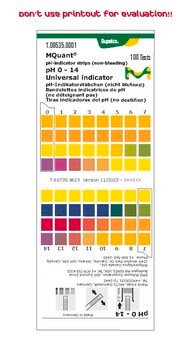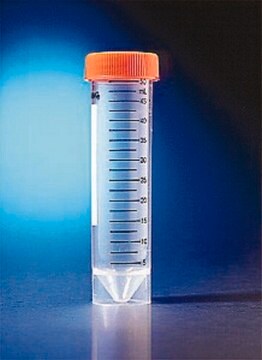15604
Urea
puriss., meets analytical specification of Ph. Eur., BP, USP, 99.0-100.5%, 99.0-101.0% (calc. on dry substance)
Synonym(s):
Carbamide, Carbonyldiamide
About This Item
Recommended Products
grade
puriss.
Quality Level
Assay
99.0-100.5%
99.0-101.0% (calc. on dry substance)
form
solid
quality
meets analytical specification of Ph. Eur., BP, USP
impurities
alkalic reac. substances, complies
≤0.001% heavy metals (as Pb)
≤0.04% insoluble in ethanol
≤0.05% ammonium (NH4)
≤0.1% biuret(carbamylurea)
ign. residue
≤0.1% (as SO4)
loss
≤1.0% loss on drying, 105 °C, 1 h
mp
132-135 °C (lit.)
132-135 °C
solubility
H2O: soluble 480 g/L at 20 °C
Looking for similar products? Visit Product Comparison Guide
1 of 4
This Item | U5128 | 1.04166 | 1.08486 |
|---|---|---|---|
| solubility H2O: soluble 480 g/L at 20 °C | solubility H2O: soluble 480 g/L at 20 °C | solubility - | solubility 1000 g/L |
| Quality Level 200 | Quality Level 200 | Quality Level 500 | Quality Level 500 |
| form solid | form solid | form granular | form crystalline, solid |
| density 1.335 g/mL at 25 °C (lit.) | density 1.335 g/mL at 25 °C (lit.) | density 1.335 g/mL at 25 °C (lit.) | density 1.335 g/mL at 25 °C (lit.) |
| mp 132-135 °C (lit.) | mp 132-135 °C (lit.) | mp 132-135 °C (lit.) | mp 132-135 °C (lit.) |
General description
Urea can be prepared from ammonia and carbon-dioxide, via Haber-Bosch process.[2] It can also be used to prepare urea-formaldehyde resins, via condensation reaction.[3]
Application
Storage Class Code
11 - Combustible Solids
WGK
WGK 1
Flash Point(F)
Not applicable
Flash Point(C)
Not applicable
Personal Protective Equipment
Choose from one of the most recent versions:
Already Own This Product?
Find documentation for the products that you have recently purchased in the Document Library.
Customers Also Viewed
Our team of scientists has experience in all areas of research including Life Science, Material Science, Chemical Synthesis, Chromatography, Analytical and many others.
Contact Technical Service




